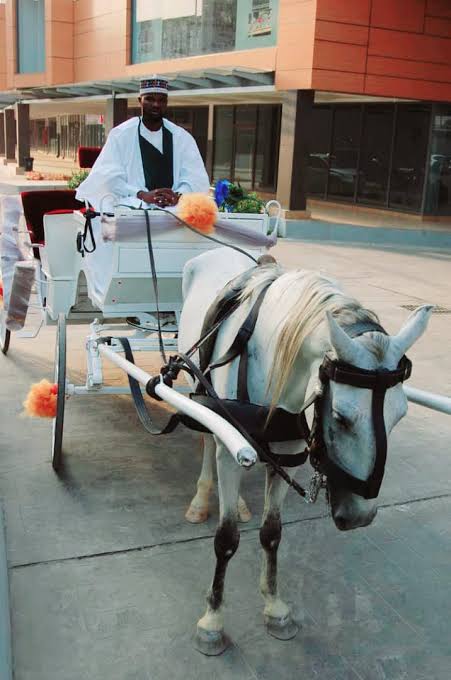By Kolade Afeez Oladigbolu
It is very unfortunate, that the youths of today have been given such a bad name when it is only a minority of people who are creating social disruption. Most youthful people are motivated and long to do well in everything they do. Which means they could be a very important aspect of all political activities.
Nigerian youths have different perspectives and a host of different ideas. Allowing them to express their opinions is not only good for society, but paramount for a society that intends to grow bigger with every ramification.
The importance of youth participation in formal political processes is not something to overlook at all if truly today’s youths are future leaders.
For a political system to be representative, all parts of society must be included. When young people are disenfranchised or disengaged from political processes, a significant portion of the population has little or no voice or influence in decisions that affect group members’ lives. A key consequence is undermining the capacity of youths’ involvement in a political system and representation.
To make a difference in the longer term, it is essential that young people are engaged in formal political processes and have a say in formulating today’s and tomorrow’s politics. Inclusive political participation is not only a fundamental political and democratic right but also is crucial to building stable and peaceful societies and developing policies that respond to the specific needs of younger generations. For young people to be adequately represented in political institutions, processes, decision-making, and in particular, elections, they must know their rights and be given the necessary knowledge and capacity to participate in a meaningful way at all levels.
When there are obstacles to participating in formal, institutionalized political processes, young people can rapidly feel disempowered. Many tend to believe that their voices are not going to be heard or that they will not be taken seriously even if they are heard. The problem becomes circular as politicians may lose interest in responding to the aspirations of young people if they cannot win their votes. This in turn leads to young people being increasingly excluded from taking part in decision-making, or in debates about key socio-economic and political issues, despite their sensitivity to the demands for social equity and justice, environmental protection and cultural diversity.
In new and emerging democracies, the inclusion of young people in formal political processes is mandatory.
Young people’s active contributions can bring democratic values to life, leading to the overturning of authoritarian practices. In countries where young people have led protests that have forced authoritarian regimes out of power, they are likely to feel significant frustration if they are not included in new formal decision-making procedures. This can destabilize democratization and accelerate conflict dynamics.
Government and other electoral stakeholders have a role to play in promoting young people’s participation in formal decision-making processes. For this role to be effective, it is necessary to understand the interconnected nature of the obstacles to participation.
